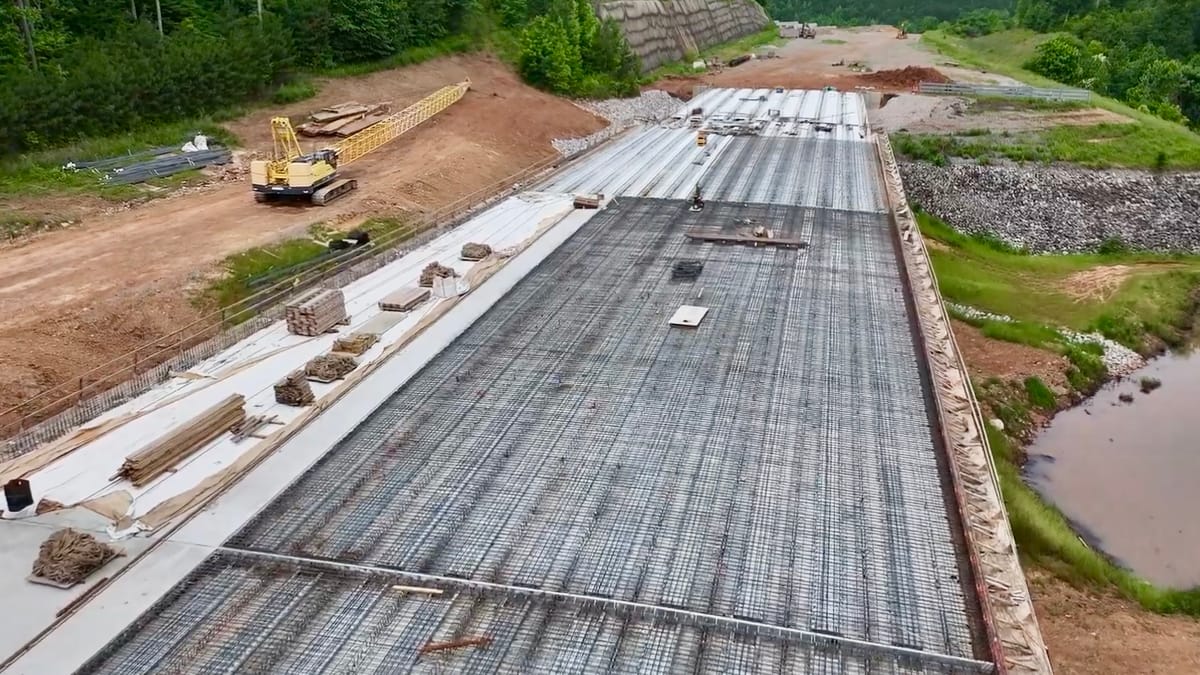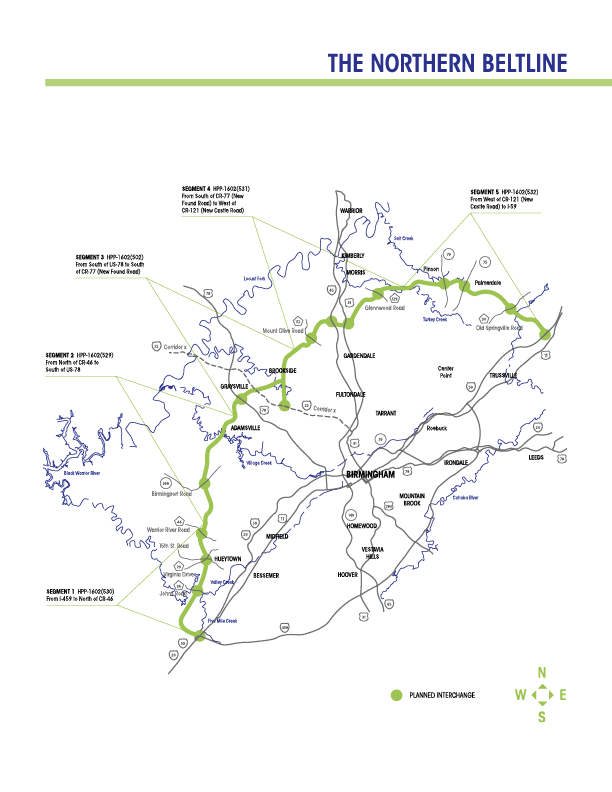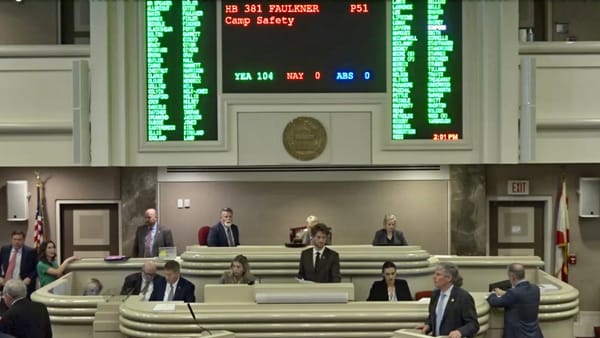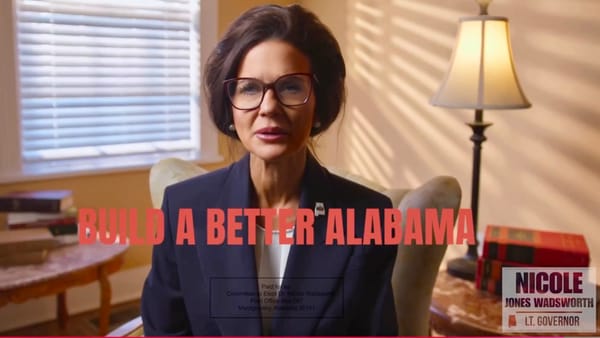Jefferson County Plan Bolsters Case for Completing Northern Beltline
Project is a “transformative infrastructure investment” that could reshape growth, improve access, and expand economic opportunity

Jefferson County’s newly released Forward Together Comprehensive Plan makes a strong case for completing the Northern Beltline, calling it a “transformative infrastructure investment” that could reshape growth, improve access, and expand economic opportunity across the region, according to a statement released by The Coalition for Regional Transportation
The plan identifies the Beltline as a critical project to “enhance access to underserved areas, foster economic development, and alleviate congestion” across the Birmingham metropolitan area. It also highlights the corridor as a major site for industrial and employment growth, emphasizing its role in shaping the county’s long-term development.
“This comprehensive plan identifies the Northern Beltline corridor as an area of high opportunity for industrial and employment growth,” said Jefferson County Commissioner Jimmie Stephens. “As the Northern Beltline moves forward, people will see that Jefferson County had the foresight to plan for its construction. I’d like to remind some of our municipalities that they need to exhibit that same foresight because the Northern Beltline will move through many municipalities, and sometimes there arises a conflict that could negatively impact its future success and the growth it will bring.”
Janet Kavinoky, chair of the Coalition for Regional Transportation, said Forward Together reaffirms what many in business and civic leadership have long maintained—that the Northern Beltline is a strategic economic corridor that will strengthen the Birmingham region and position Alabama for sustained growth and improved quality of life.
Fire Chief Justin McKenzie of Fultondale said the Beltline’s impact extends beyond economic gains. “It’s going to boost our economy, create jobs, and strengthen our infrastructure. But I tell you, speaking as a first responder and as fire chief, what excites me most about the Northern Beltline is not just what it will do for our economy but what it will do for public safety. It will save lives,” McKenzie said.
McKenzie went on to say, “Right now during a tornado—which, if you don't know, we're very aware about tornadoes up here—in a major emergency, many of our communities are connected only by two lane, winding roads. When there is a wreck or a blockage, trees down, wind blowing over power lines, traffic can back up for miles. And in a crisis, every second matters.”
The Northern Beltline has been in the works for decades, with early concepts dating back to the 1960s. After years of study and delays, construction on the first segment began in 2014 but later stalled due to funding issues. The project gained new life in 2023 when Alabama’s congressional delegation secured more than $500 million in federal funds to restart work on a 10-mile stretch connecting State Route 75 to U.S. 31 near Gardendale. ALDOT resumed construction in mid-2024, with the first two-mile portion expected to open by late 2026.
When completed, the Northern Beltline—designated as Interstate 422—will form a 52-mile arc around Birmingham, linking I-59 in northeast Jefferson County to I-459 near Bessemer. State planners envision the road as a long-term investment to support growth, ease congestion, and improve emergency access.
The total estimated cost now exceeds $5 billion, making it Alabama’s most expensive highway project to date. At current funding levels, the Alabama Department of Transportation projects that full build-out could extend into the 2040s or 2050s, with construction continuing in phases over several decades.
During a tour of the construction in May, U.S. Senator Katie Britt called the project “a crucial project not just for local communities but for our state and for the entire region.”
The Coalition for Regional Transportation is an advocacy group that builds broad support for surface-transportation projects that will benefit the Birmingham region. CRT has been advocating for surface-transportation projects in the Birmingham region since 2008.





